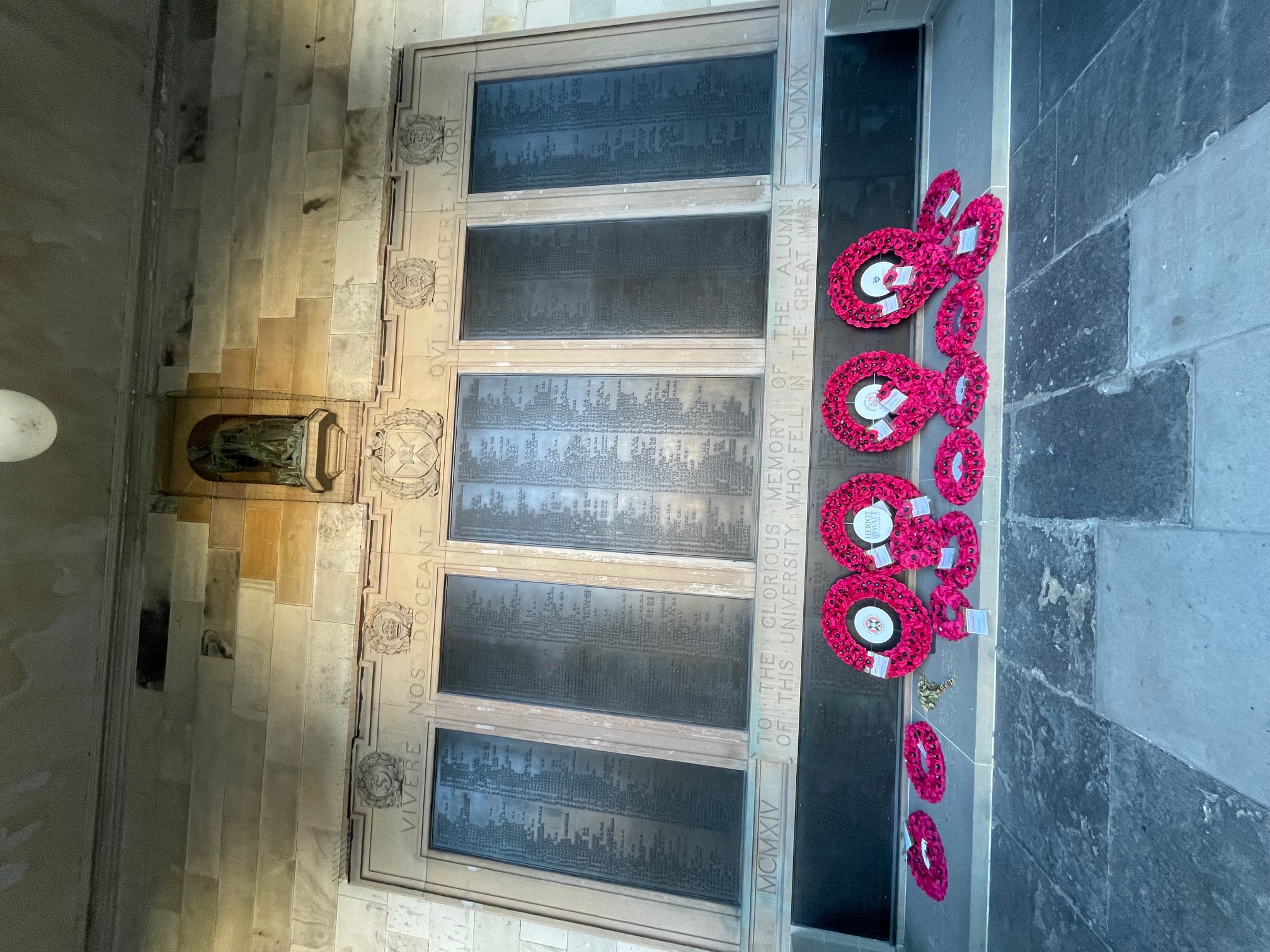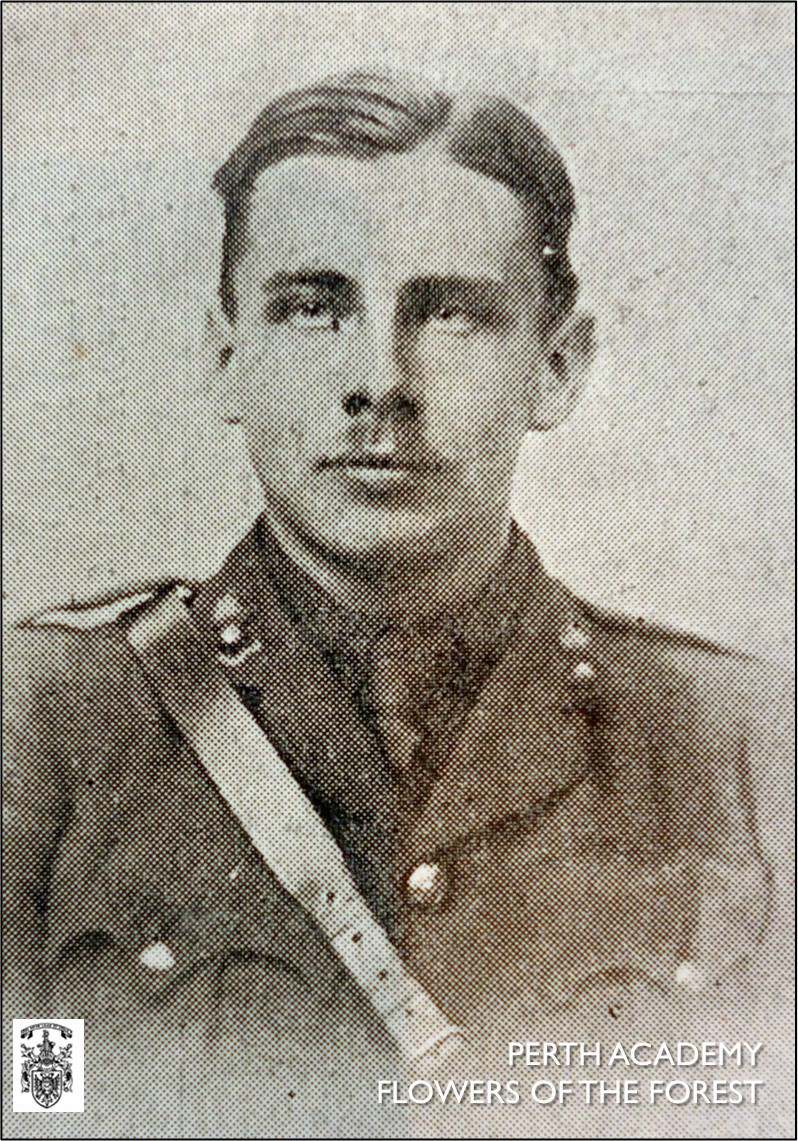
INFORMATION PROVIDED BY ABERFELDY MUSEUM
Lieutenant Mungo Stewart of the Royal Field Artillery (attached 55th Brigade Headquarters Staff) of Tighcladdich, Grandtully.
"Mungo Stewart was born on the 8th of January, 1893, at Tighcladdich, Grandtully, son of William Stewart (blacksmith) and Isabella. He had an older brother William and an older sister Margaret."
"A keen sportsman he showed early promise winning the boys under- 12's race at the Breadalbane Highland Gathering on Friday, August 19th, 1904, and, in 1911, he ‘swept the board’ in the running events, winning the 100 yards, 200 yards, and half-mile races, as well as winning the long jump, at Strathtay Coronation Sports."
"He also played football (for Breadalbane F.C.), played rugby, and, was a member of Strathtay Golf Club, winning the scratch tournament for the Tulliepowrie Trophy in 1913, and, the handicap tournament for the Scott Challenge Medal in 1914."
"He was educated at Grandtully School, Breadalbane Academy, and Perth Academy, then three years at Edinburgh University studying for his M.A., and B.Sc. degree. Here he was a member of the Edinburgh University Officer Training Corps having earlier (in 1911) enlisted in the Highland Cyclists, and, previous to this, had been Scout Leader in his local Troop."
"On the outbreak of the Great War in August 1914, one of the first to enlist, Cadet Mungo Stewart was commissioned Second-Lieutenant, in the Royal Field Artillery. He went to France in early 1915, being promoted to full Lieutenant in September of that year, and, was wounded later the same month (at the Battle of Loos)."
"By February 1917 he was in Mesopotamia, where he was mentioned in dispatches from Lieutenant-General Sir Stanley Maude, K.C.B., (Commander-in-Chief of the Mesopotamian Expeditionary Force)."
"On the 3rd of February 1917, Lieutenant Mungo Stewart was in the front line acting as an observation officer, and, had been sending back much valuable information when he was seriously wounded. He was promptly taken to a Field Ambulance, but, sadly, after an operation, he succumbed to his wounds four days later, on the 7th of February, 1917, at the War Hospital at Kut. He is buried in Amara War Cemetery Ref XXI.L.19."
"On a visit to Breadalbane Academy on the 13th of February, 1917, School Board member, and local businessman, Thomas G Irvine noted in the School Log Book that he had "found the flag half-mast owing to the death in Mesopotamia of a former pupil Lieutenant Mungo Stewart "
"On Sunday the 24th of July, 1921, his mother, Isabella, unveiled a tablet commemorating the men of the congregation of the United Free Church, Strathtay."

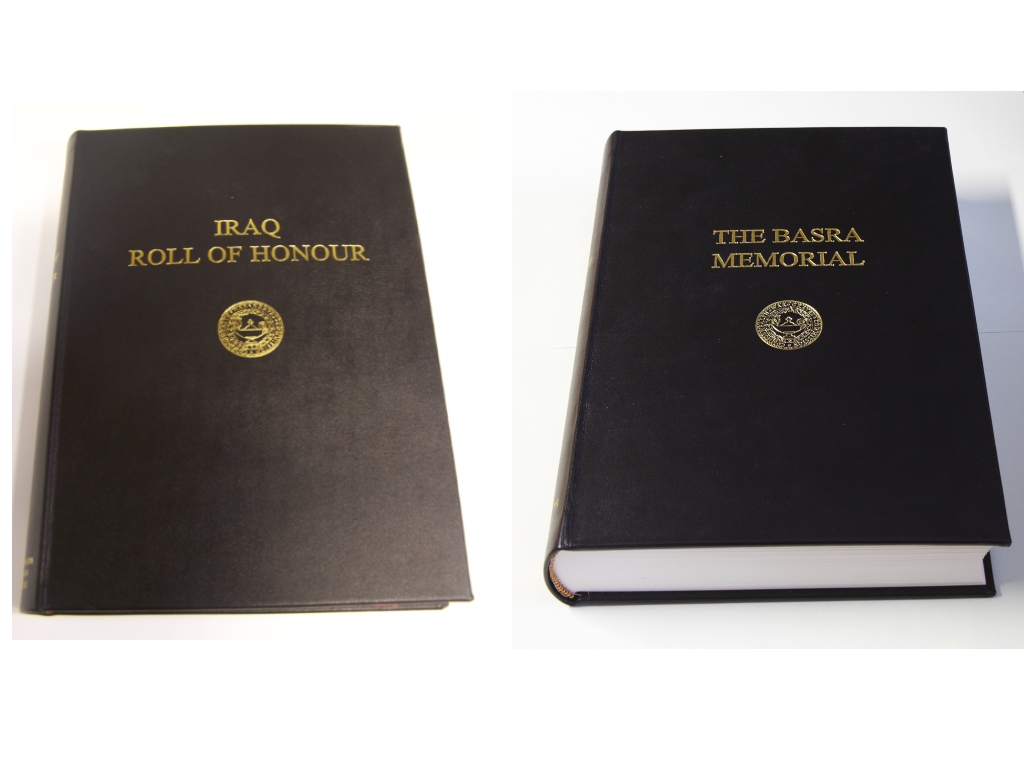
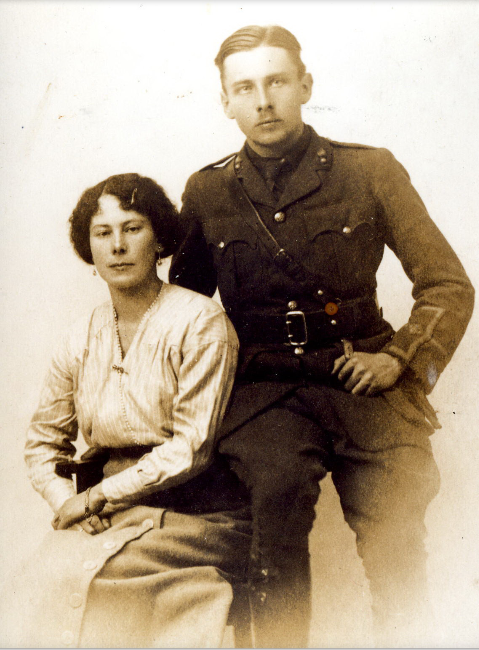

The Young Barbarian was published twice a year, at Midsummer and Christmas. From Christmas 1914 onwards each edition contained a series of lists which included the following information: The names of all those who had enlisted; The names of all those who had been promoted; The names of all those who had been mentioned in dispatches; The names of those who had been awarded decorations for gallantry; and finally the names of those who had been posted missing or killed.
The magazine also included articles, poetry, photographs and contributions from those on war service.
In the Midsummer 1917 edition a poem dedicated to the memory of Mungo Stewart was included attributed to R M'L. It is included below along with the handwritten entry in the School Log Book on 13th February 1917 stating: "found the flag half-mast owing to the death in Mesopotamia of a former pupil Lieutenant Mungo Stewart "
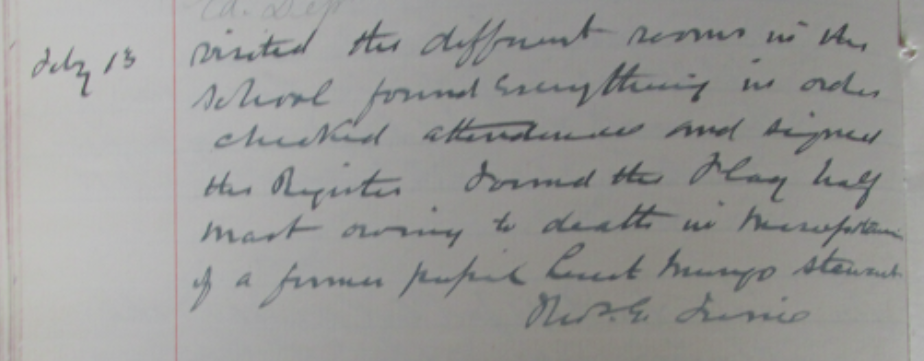

Because of the Iraq War, the Amara War Cemetery has been almost totally destroyed. Alternative arrangements for commemoration have been implemented, and a Roll of Honour is on display in the Headquarters of the Commonwealth War Graves Commission in Maidenhead. This Roll of Honour is available for public view.
